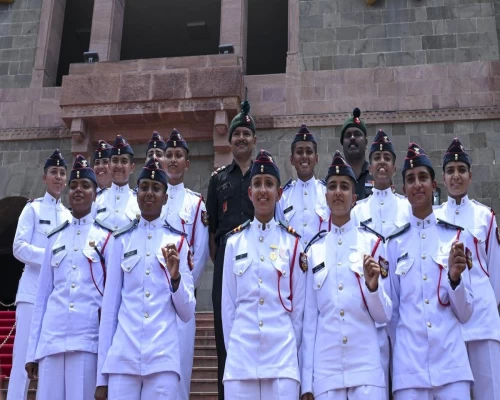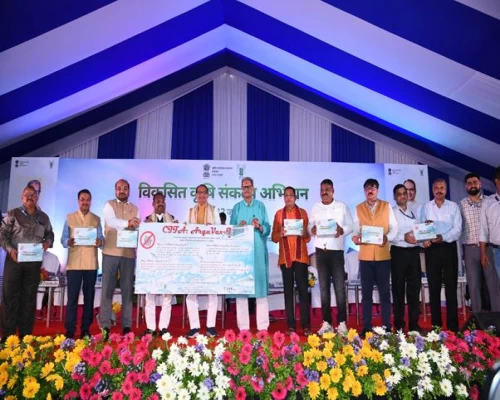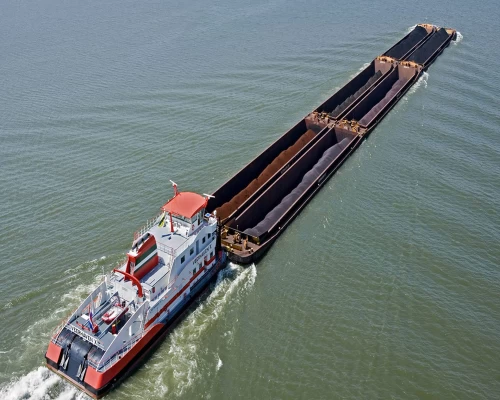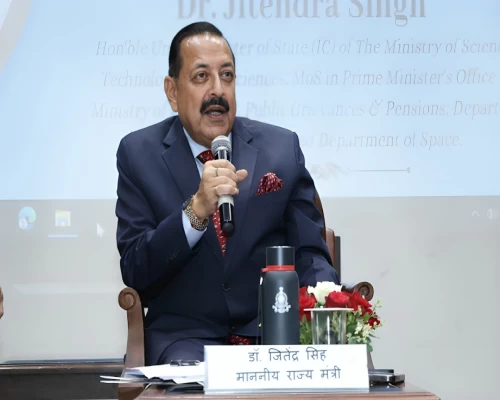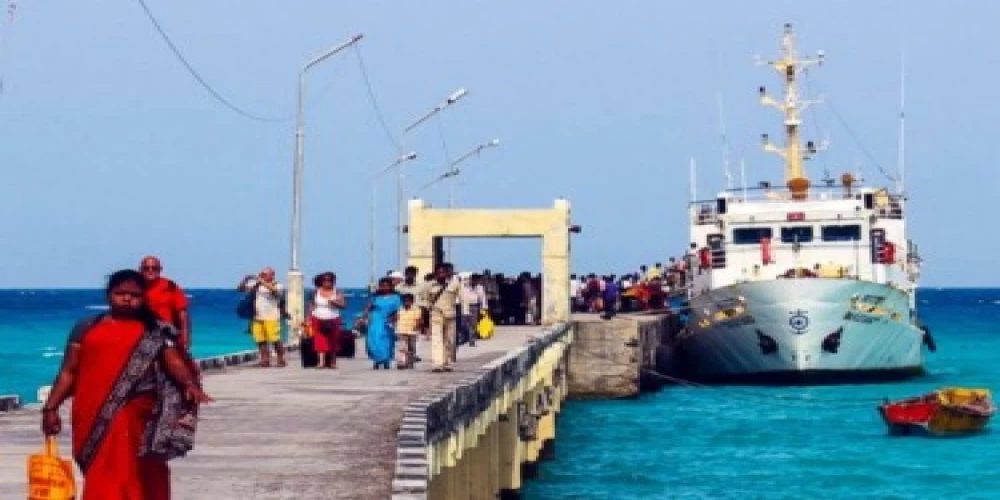
Port Blair: Unpredictable weather conditions and turbulent sea make the task of food security much more challenging in Andaman and Nicobar Islands Union Territory Administration. Thanks to the proper planning of the Department of Civil Supplies and Consumer Affairs, people of the island Union Territory have never faced any problems so far as the supply of food through the Public Distribution System (PDS) is concerned.
“The Government of India and the UT Administration of A&N Islands are fully committed to dealing with any challenges. It is true that we have to remain ever vigilant due to the unpredictable weather conditions and turbulent sea to maintain a healthy buffer stock of food grains in all the Principal Distribution Centres (PDC) including Port Blair throughout the year,” said Dr Navlendra Kumar Singh, Director, Civil Supplies and Consumer Affairs, A&N Islands UT Administration.
Dr Singh said the UT Administration is maintaining three supply depots in Port Blair and 12 PDCs comprising 38 godowns located throughout the islands with the provision of maintaining at least three months’ buffer stock. In addition to this, the Food Corporation of India (FCI) is also maintaining a buffer stock of food grains in Port Blair with a maximum godown capacity of 7080 MT.
“The UT Administration is adopting a serious approach for regular supply and replenishment of food grains to the PDCs well in advance in close coordination with the FCI by transporting sufficient quantities of food grains from its principal godown of Kakinada as per the requirement of the UT. Further, food grains are issued to Fair Price Shops (FPS) from respective PDCs in all the inhabited islands for onward distribution to PDS beneficiaries,” added Dr Singh.
It is worth mentioning that construction and maintenance of godowns in the far flung islands separated by vast sea and situated in difficult topography is a huge challenge and ensuring availability of food grains in these islands is an arduous mission for the UT Administration. In spite of all, the Government of India and the UT Administration have been successfully delivering the desired services to the citizens over the years.
The islands experience extreme weather conditions contributing to the humid environment which poses a major challenge in terms of storage of food grains. The Civil Supplies and Consumer Affairs Department overcomes such natural adversities to efficiently maintain the quality of the PDS food grains by frequent fumigation as well as strict adaptation of efficient supply chain management policies, thereby keeping the damage percentage effectively under 0.3 per cent.
“Food grains are transported across the 10 – degree channel to the Principal Distribution Centres in Nicobar district periodically to make certain that all beneficiaries are provided with their rightful share of PDS food grains in time. The PDS consignments are delivered uninterruptedly to even the most perilous and harsh topographical locations such as the PDCs in Teressa and Chowra functioning in Nicobar district,” revealed Dr Singh.
He said that the PDS system is implemented successfully for ensuring food safety through 457 fair price shops, benefitting over 3.7 lakh beneficiaries giving coverage to over 90 per cent of the total population. It is pertinent to highlight that in spite of all adversities, the PDS meets all the aspirations of the beneficiaries with not a single case of starvation death noticed or reported till date in the history of these Islands.
The archipelago of Andaman & Nicobar Islands is situated in the Bay of Bengal at a distance of 1,250 km from the mainland India connected by sea and air. This UT is a food deficit area and the entire population is covered under the Universal Public Distribution System under the National Food Security Act, 2013. Food grains are the essence of life for which the foundation is land. Since, the availability of the quantum of cultivable land is meager due to 89 per cent reserve forest coverage and further reduction of fertile land due to its submergence in saline water reduces its suitability for cultivation as compared to other parts of the country.
Therefore, the A&N Islands is completely dependent on the mainland for its requirement of food grains. Keeping in view the peculiar geographical conditions coupled with the inclement weather and its location in the seismic zone, it is a huge challenge for the UT Administration to maintain regular supply of food grains and ensure food security to the local population residing in 38 inhabited segregated Islands situated at a stretch of 700-km from Diglipur in the north to Great Nicobar in the south. /BI/




